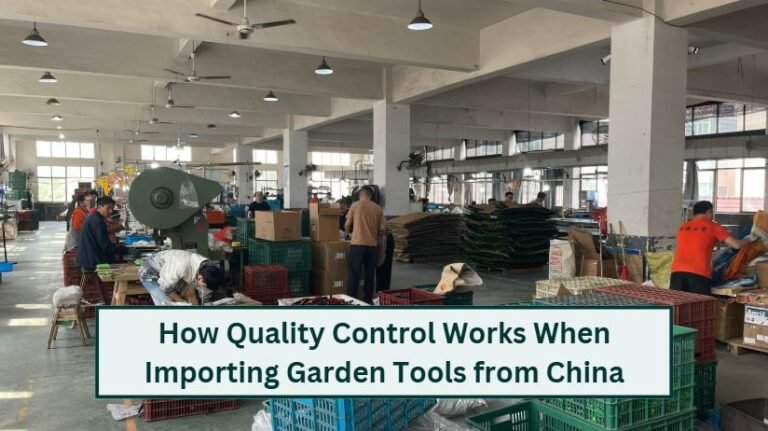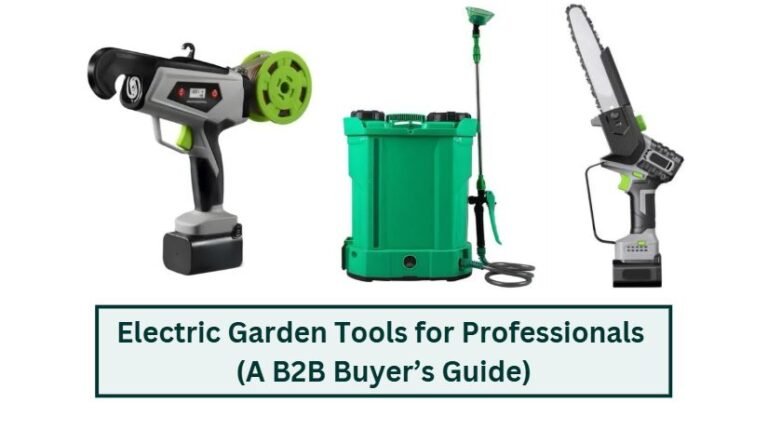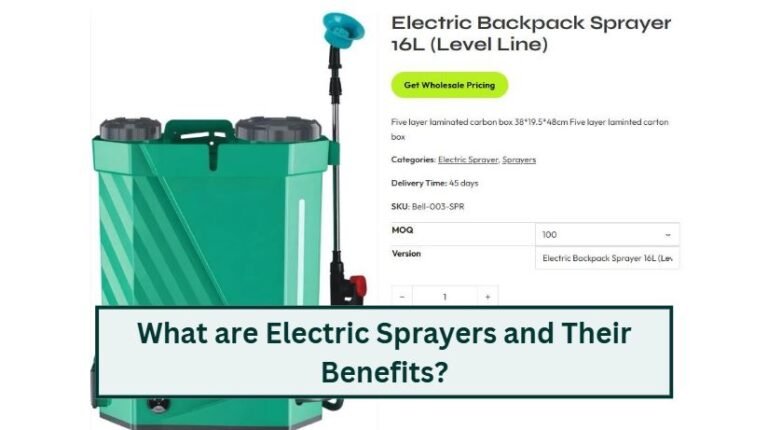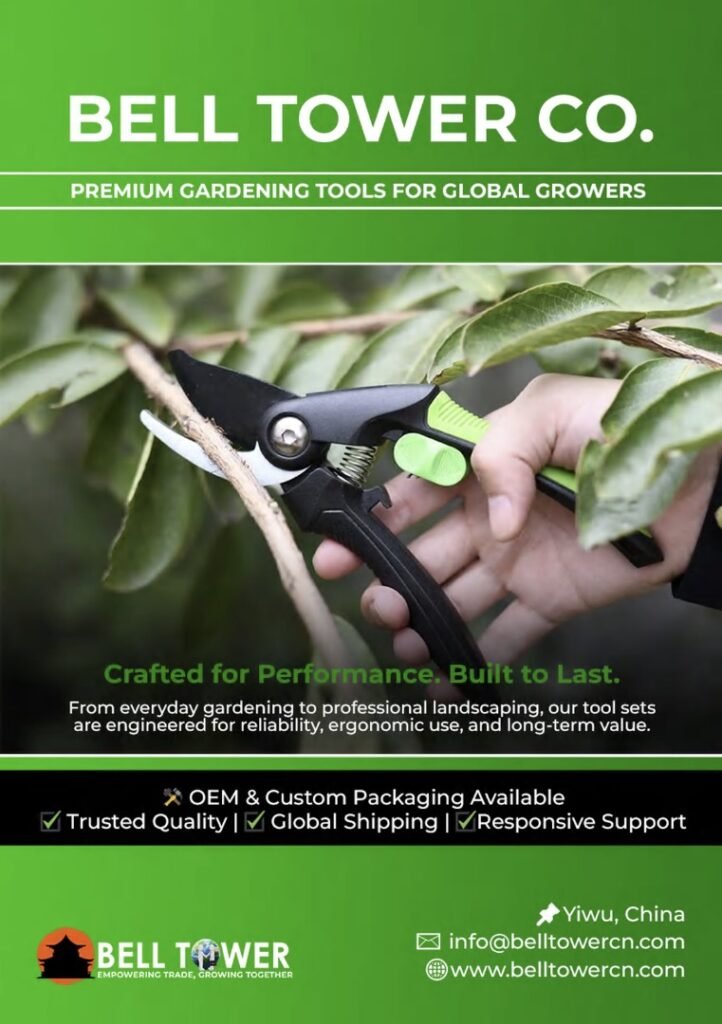If you’re planning to import gardening tools and sell them under your brand, you might be wondering, “How to find reliable Chinese suppliers for garden tools you can actually trust?”.
Well, there are thousands of factories online; many look identical, while some are trade companies pretending to be factories. Some quote low prices but cut corners on quality. Others don’t have a satisfactory quality control process.
This guide will walk you through the entire process, from initial research to verification, to sampling and quality control, in a simple way.
Let’s dive in.
Why Reliability Matters More Than Price
If you’re new to working with suppliers, it’s easy to focus more on quotes than on quality and reliability. In B2B sourcing, the cheapest suppliers often become a headache to work with later on because of:
- Delays
- Hidden material swaps
- Warranty issues
- Shipping problems
- Refund disputes
- Rework costs
A reliable supplier will protect your brand, your delivery timelines, and your reputation with customers.
Step 1: Shortlist Potential Suppliers
Before you get in touch with anyone, build a list of possible suppliers by checking:
- Supplier category (manufacturer vs trading company)
- Main product line (general hardware vs garden tools specifically)
- Years in business
- Export markets (EU/US buyers = higher QC standards)
- Certifications (BSCI, ISO, etc., if relevant)
Where can you find them?
| Platform | Pros | Cons |
| Alibaba | Huge selection | Hard to verify who’s real |
| Canton Fair (online or offline) | Real factories | Time-consuming |
| Industry-specific B2B platforms | More targeted | Fewer suppliers |
| Specialized wholesale exporters | Pre-vetted | Smaller selection, but safer |
This last category (Specialized wholesale exporters) is where Belltower fits; instead of browsing random listings, you get access to already-vetted garden tools, making it a perfect Alibaba alternative for wholesalers and retailers.
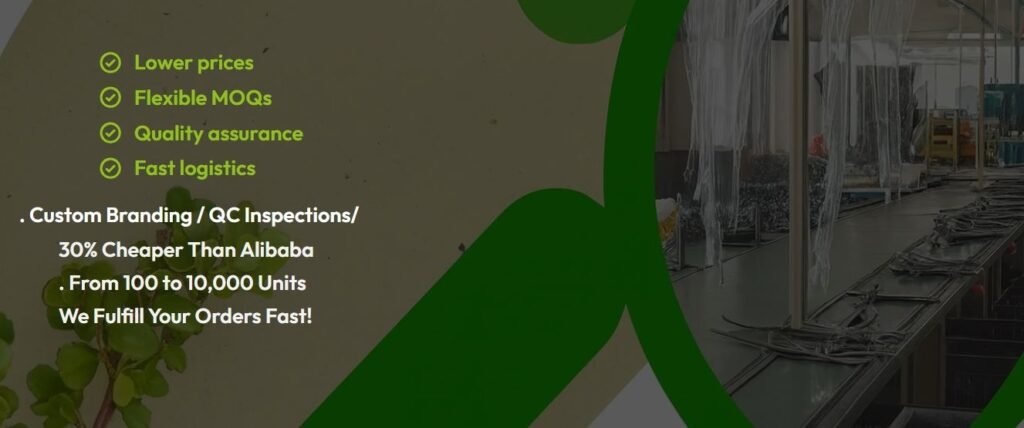
Step 2: Verify Their Business Legitimacy
Once you have a shortlist, ask for proof that they are not a trading company pretending to be a factory.
What to request:
- Business license with a matching business scope
- Factory address + Google Maps location
- Photos or video call showing the production floor
- Export records (which countries they sell to)
If a supplier hesitates to show basic verification documents, that’s a red flag.
Step 3: Check Their Production Capability
Reliable suppliers have consistent production capability; they deliver every time you need new tools.
Here are three quick things to verify:
| Question | Why it matters |
| What is your MOQ for samples and bulk? | Confirms if they can handle small first orders |
| What materials do you use? | Explains product durability |
| What is your monthly capacity? | Prevents delays when scaling |
If you’re thinking of OEM later (Adding your own branding or using custom packaging), ask whether they already provide private labeling for other buyers.
Experienced suppliers already have that workflow in place.
Step 4: Order a Sample (But Evaluate It Correctly)
Order samples as a test of responsiveness and professionalism; don’t order just to test the product, although that’s important as well.
Here’s what to check as soon as you receive the sample:
- Weight and material quality
- Grip and finishing (Sturdiness)
- Packaging (Is it retail-ready or generic?)
- Consistency
If a supplier is slow in responding, confused about the next steps, or keeps changing the details during sampling, imagine what they’ll once you pay for bulk production.
Step 5: Understand Quality Control (QC)
Reliable suppliers don’t wait for something to go wrong; they have a pre-designed quality control system in place. Good factories normally follow these QC checkpoints:
Good factories normally follow three QC checkpoints:
- Incoming material inspection: Raw materials are checked before production
- In-line QC: Products are checked during assembly
- Final QC: Packaging and labeling verification
Ask the supplier to walk you through their QC steps and show photos or sample QC reports.
Step 6: Trade Terms and Transparency
Before committing to an order, clarify the supplier’s trade terms and transparency by checking their:
- Lead time
- Delivery method (FOB, CIF, DDP)
- Payment terms (deposit vs final payment)
- Warranty or replacement rules
- Packaging specs
For new importers, DDP is usually the simplest option as it includes door-to-door shipping with taxes included).
Step 7: Choose Long-Term Reliability Over One-Time Pricing
Reliable suppliers prefer repeat partnerships over one-time trade. The best sign of reliability is how they respond when something goes wrong.
A good supplier:
- Communicates clearly
- Suggests solutions, not excuses
- Tells the truth when a delay happens
- Provides QC updates before you ask
Sometimes, paying slightly more means avoiding problems in the long run.
Where Does belltowercn.com Fit?
Don’t want to manually verify 10 different factories? Start with a supplier that’s already familiar with export standards.
Belltower is a great alternative to platforms like Alibaba where you have to browse a generic marketplace before finding a suitable partner.
With Belltower, you get a direct line of communication to reliable factories and attractive wholesale rates without compromising on quality.
Check Our Products Here
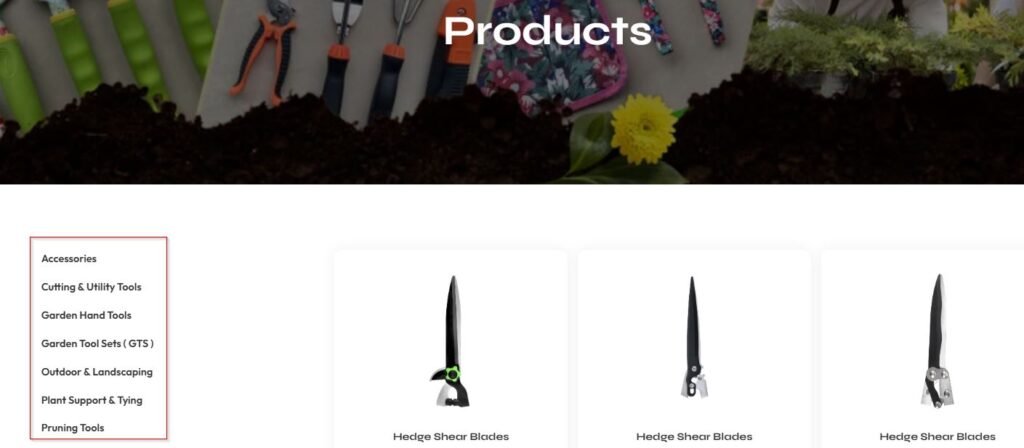
FAQ: Finding Reliable Chinese Garden Tool Suppliers
Is It Safe To Buy Directly From A Chinese Factory?
Yes, it’s safe as long as you verify the supplier, request samples, and review their quality control process. Problems arise when buyers skip vetting and don’t confirm legitimacy.
Should I Work With A Factory Or A Trading Company?
Factories usually make better long-term business partners. The pricing, customization, and branding are better because they control production. Trade companies can be helpful for mixed products or smaller MOQs, but transparency is weaker.
How Long Does Sampling Usually Take?
Sampling usually takes between 7 and 15 days, depending on customization, branding, and packaging requirements. You’ll need to add a few more days if you need logo engraving, private labeling, or special materials.
What Payment Methods Are Safest?
For small first orders or samples, Trade Assurance or PayPal is safe. For bulk orders, a bank transfer (With a contract) is a better option. Avoid full upfront payments; deposits plus milestone payments are a safer route.
Conclusion
Finding the right Chinese suppliers for gardening tools is more than picking a factory that offers the lowest price; it’s about who can deliver consistent quality over the long run.
The best way to reduce risk is to verify legitimacy with effective communication upfront; test samples properly and understand their QC workflow before placing a bulk order.
If you prefer to skip the hunting process and want to start with a reliable supplier, Bell Tower is a simple, low-risk entry point for wholesalers. Strong sourcing means strong branding; and once you get reliability right, everything else falls into place.
Read More: What Does a Lawn Aerator Do?

